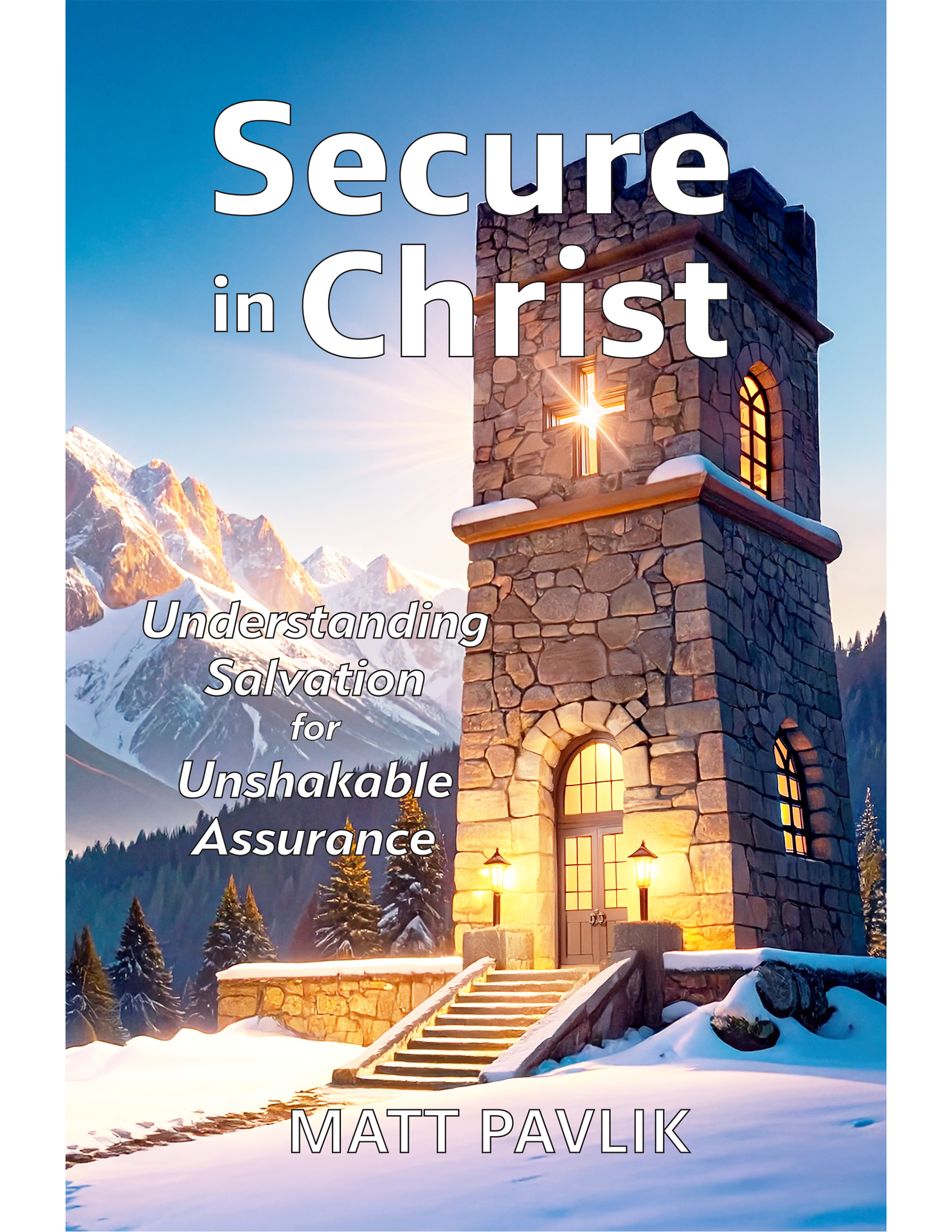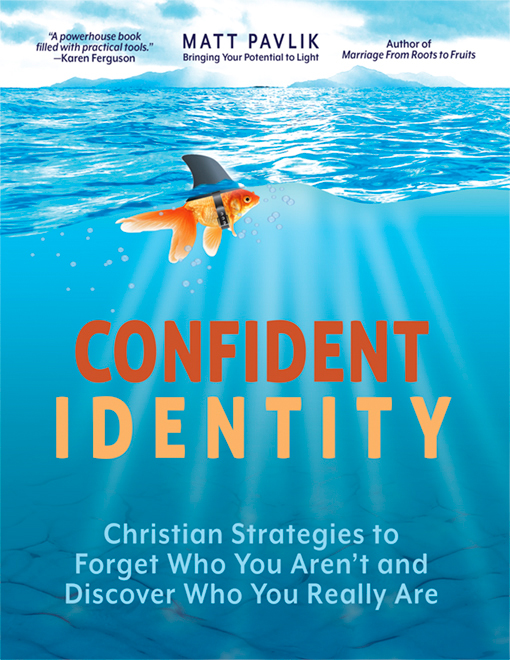Negative emotions are to be expected in a fallen world. The three most common are some form of anger, depression, and fear. If you suffer a loss would you want to walk around oblivious and happy?
Negative emotions exist as a response to pain. But emotions are not sinful. Only destructive behaviors are sinful. Indulging the flesh leads to destructive behavior. Emotions are neutral. What you do with them matters.
You might be thinking that as a Christian, you are always supposed to be happy. Paul tells us to:
Rejoice always, pray continually, give thanks in all circumstances; for this is God’s will for you in Christ Jesus.
1 Thessalonians 5:16-18 NIV
God’s will is that you rejoice always. How can this be? This is impossible to accomplish. However, we can rejoice in who God is, in His grace and mercy all the time. But while we are doing that, there’s also room to express sadness over present-day tragedies.
Jesus Experienced Negative Emotions
When Lazarus died, Jesus cried. Then a few short moments later, He gave thanks. Jesus experienced a mixture of negative emotions and a positive attitude.
Jesus wept. So they took away the stone. Then Jesus looked up and said, “Father, I thank you that you have heard me.
John 11:35, 41 NIV
Jesus cried more than a few times. He didn’t only let a few tears run down His face, He sobbed too. So it must be okay if you do too.
During the days of Jesus’ life on earth, he offered up prayers and petitions with fervent cries and tears to the one who could save him from death, and he was heard because of his reverent submission.
Hebrews 5:7 NIV
Negative Emotions Can Be Healthy
The so-called negative emotions (like sadness) have alternative positive expressions. Grief is healthy but despair is destructive. Can you see the difference? You can feel sad but choose either grief or despair.
Does this also work with anger? Jesus was consumed with zeal for the Father’s house (John 2:13-22). Indignation is healthy but resentment and bitterness are destructive.
How about anxiety? Jesus experience the incredible weight of sin and abandonment just before (Matthew 26:36-39) and during (Matthew 27:46) His crucifixion. Stress and anguish are healthy feelings but fear and worry are destructive.
While Jesus definitely experienced some form of sadness and anger, He never experienced fear. The Bible says to not sin in your anger (Ephesians 4:26) and to mourn with those who mourn (Romans 12:15). But it doesn’t ever say you should fear. In fact, God is frequently reminding us, “do not fear.”
This doesn’t mean we should expect to never fear. But it does mean that worry is a sin. The one who worries is attempting to control something they cannot control. No one can worry and trust God at the same time. Fear and faith cannot co-exist.
There is a healthy expression of negative emotions. Although they are healthy (not sinful) they are only needed when pain is a possibility. In this life, so many things can bring tears. But you can be thankful that in heaven, there won’t be any more pain.
There is a destructive expression of negative emotions. Resentment, bitterness, despair, hopelessness, worry, panic always have disastrous consequences on the body and mind. While it might not seem like it, you always have a choice whether you want to hold onto these emotions. That’s because they are really behaviors. Do everything you can to prevent them.
Worry and despair are choices. Instead, what you really need is some healthy grieving or yearning for justice. Sadness and sorrow are responses.
Although sorrow isn’t a happy emotion, it can motivate a person to pursue a positive direction in life. Sorrow has some hope mixed in. Indignation has some hope mixed in. God will make all things right someday. You can endure stress when you also have hope.
Grieving is the best you can do when life serves a helping of pain on your plate. You can eat with dignity and might even be able to rejoice, pray, and give thanks at the same time.
Read more about Paul’s 3 Impossible Commands.
Read more about Jesus Feeling Angry
Read more on emotions and pain.
Image by SadiKul Hasan Atul from Pixabay
Matt Pavlik is a professional counselor, author, and devoted follower of Christ. With decades of experience in Christian counseling, he writes with theological depth and everyday clarity. His resources—centered on salvation, identity, marriage, and emotional healing—are anchored in Scripture and guide believers to discover the freedom of their identity in Christ and the security of their salvation in Him. He and his wife Georgette, married since 1999, live in Centerville, Ohio, and have four adult children.




Leave a Reply